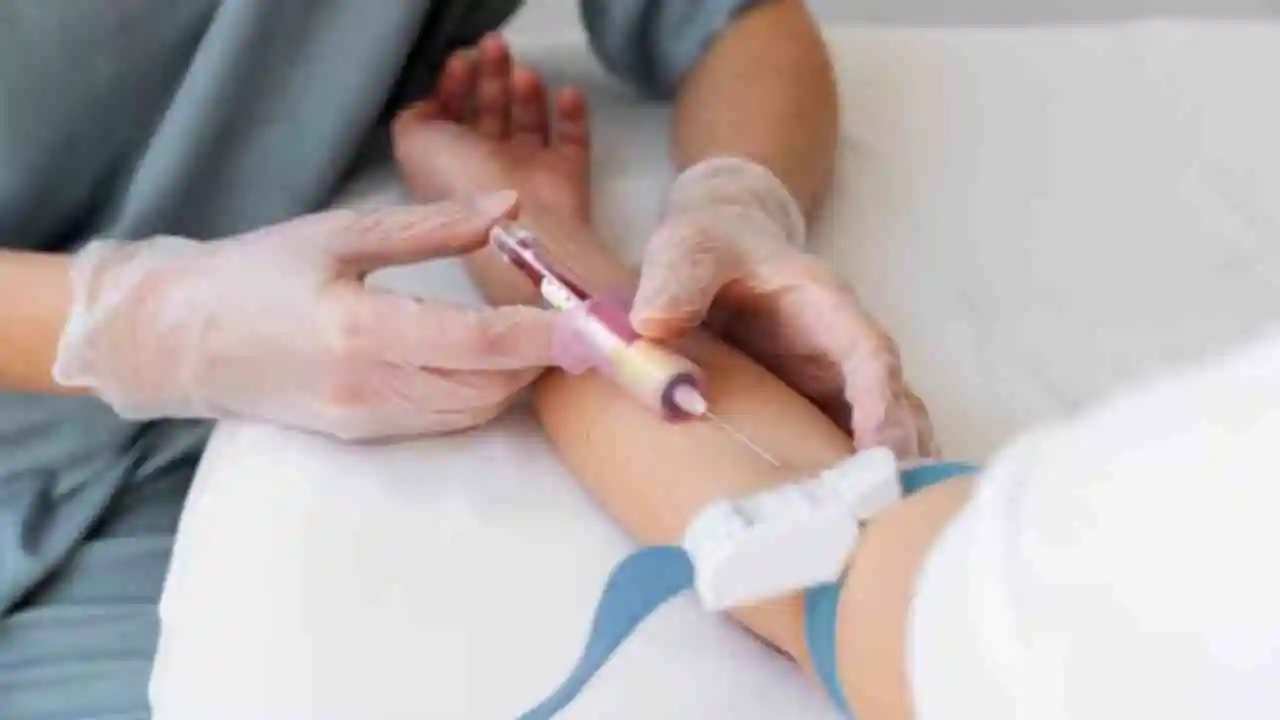
Hina Khan reveals stage 3 breast cancer diagnosis: Doctor explains what happens at this stage, warning sign to note
3 days ago | 11 Views
Hina Khan, a popular actor, recently addressed the rumours surrounding her health and confirmed that she has been diagnosed with stage 3 breast cancer - a news that has understandably raised concerns and questions among her fans and the general public. Breast cancer is a serious health condition that affects many women worldwide and is a type of cancer that originates in the breast tissue but can be classified into different stages based on the extent of the disease.
In an interview with HT Lifestyle, Dr Surabhi Siddhartha, Consultant Obstetrician and Gynaecologist at Motherhood Hospital in Kharghar, explained, “Stage 3 breast cancer indicates that the cancer has spread to the lymph nodes or other nearby tissues but has not yet reached the distant organs. Regular self-examinations and clinical breast exams are vital for identifying abnormalities early.”
Warning signs to watch out for:
Dr Kanury VS Rao, Co-Founder and Chief Scientific Officer (CSO) at PredOmix, shared, “The primary early sign to be vigilant about is the presence of a palpable breast lump. Conducting regular self-exams enables women to detect any unusual masses or changes in breast tissue. Additionally, alterations in breast shape or size, including asymmetry or swelling, should not be ignored, as they could potentially indicate breast cancer. Skin changes on the breast, such as redness, thickening, dimpling, or puckering, should be carefully monitored. Likewise, any variations in the nipple, such as inversion, deviation, or scaling, warrant attention. Unexplained nipple discharge, regardless of color, and persistent or unexplained breast pain are additional signs that require prompt evaluation by healthcare professionals.”
For women with a family history or genetic predisposition to breast cancer, he informed that being aware of the early signs is crucial. He said, “They should be vigilant about any breast changes, particularly if they occur at a younger age, multiple family members are affected, there is a history of breast cancer in male relatives, or known BRCA gene mutations are present. Most breast cancer symptoms are detected by women during routine daily activities like bathing or applying deodorant, emphasizing the importance of being mindful of breast appearance and texture and staying alert for any signs, particularly lumps. Women should promptly seek medical attention if they experience any breast cancer symptoms, regardless of severity, as delaying diagnosis is unnecessary and can worsen outcomes.”
Bringing her expertise to the same, Dr Monica Gulati from Lovely Professional University, revealed, “The most common warning sign of breast cancer that should never be ignored is the appearance of lumps or masses in breasts. Even a lump in the underarm could be indicative of breast cancer. Breast cancer is known to spread through the lymph nodes present in the underarms. Therefore, any lump in the breast or underarms should be investigated further. Also, any kind of swelling in the breast that does not feel like a lump should not be neglected.”
She added, “Although certain conditions like some allergies, infections or even pregnancy could lead to any such swelling, it should not be taken casually, especially if it is accompanied by irritation, redness, dimpling or any unusual changes in size, contour, texture, or temperature. Any unusual discharge from the nipples that could be clear, bloody, or of any colour is also a warning signal. Further investigation must also be done in case of any inversion, itching, burning sensation or development of sores in the nipple area. Another important fact to be added here is that breast cancers happen in men also and generally go unnoticed as they are rare. So, any such symptoms among males also should be considered a red signal.”
Why are preventive screenings important?
Dr Surabhi Siddhartha answered, “Preventive screenings offer a powerful advantage: early intervention. Catching cancer in its earliest stages allows for more treatable options with higher cure rates and less invasive procedures. Early detection also translates to less extensive treatments, minimising potential side effects and improving quality of life. Most importantly, it significantly increases the chances of successful treatment and long-term survival.”
Breast cancer treatment:
According to Dr Surabhi Siddhartha, “Treatment for stage 3 breast cancer typically involves a combination of treatments, such as surgery, chemotherapy, radiation therapy, and targeted therapies. The specific treatment plan will depend on various factors, including the type of breast cancer, the size and location of the tumour and the individual's overall health.”
Hina Khan's story is a powerful reminder. Taking charge of your breast health through self-examinations, regular screenings and seeking prompt medical attention for any changes can make all the difference. Talk to your doctor about your risk factors and the best screening options for you. Remember, early detection is the key to winning the fight against breast cancer.
Read Also: hina khan diagnosed with stage three breast cancer – her official statement
















